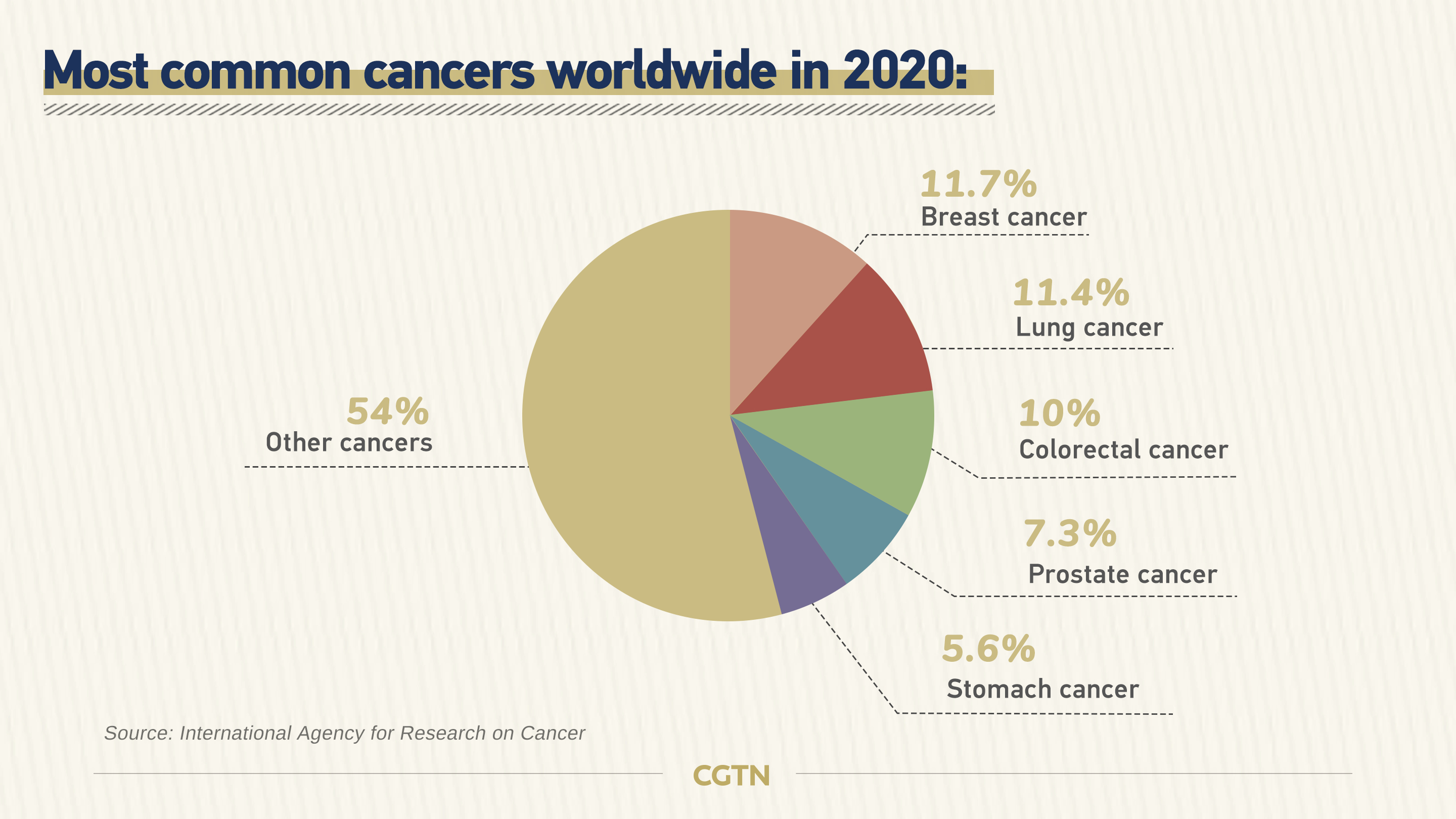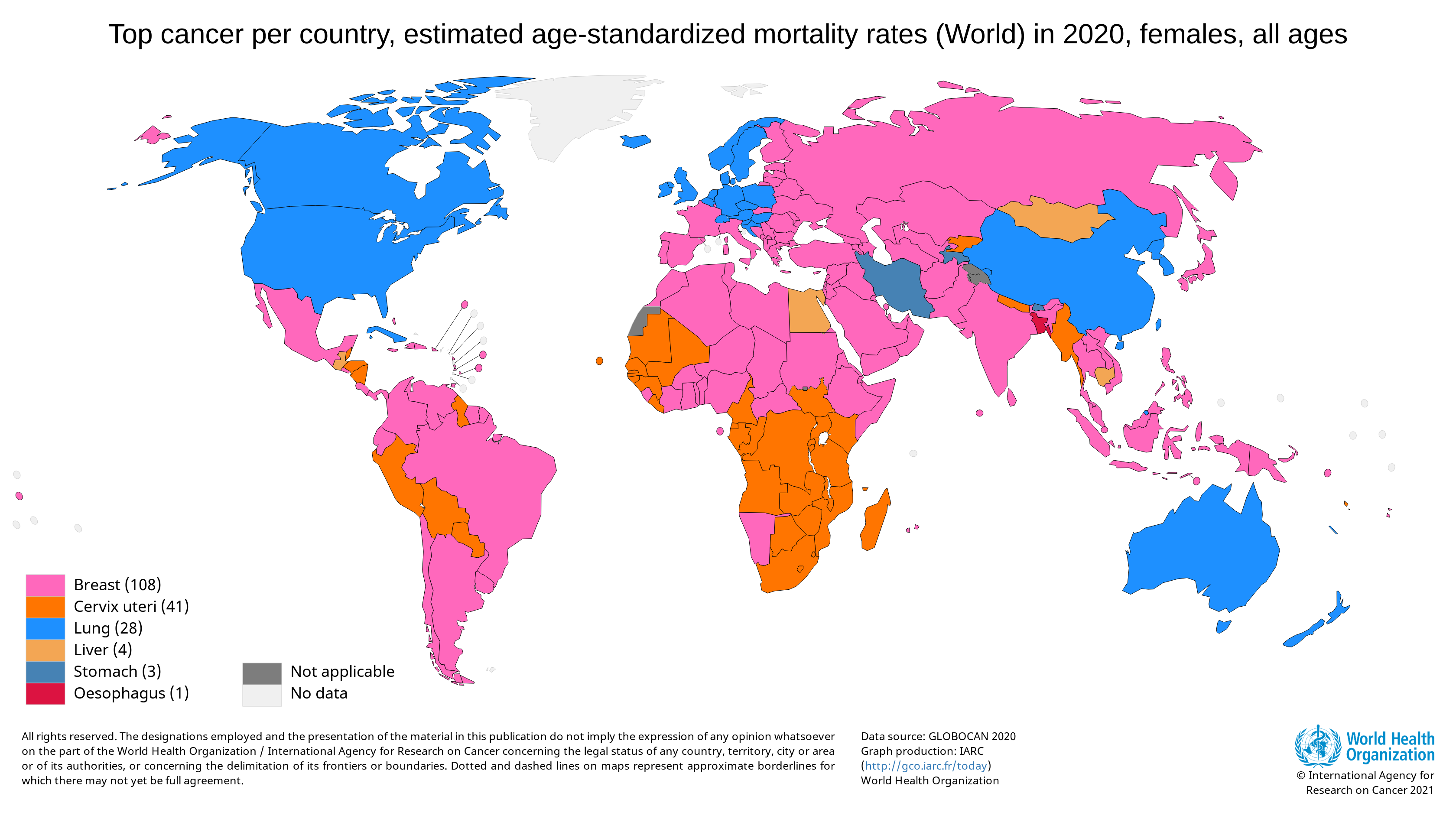"Significant Improvement in Breast Cancer Survival Rates for Women Diagnosed with Early-Stage Disease"
Women diagnosed with early-stage breast cancer today have shown a significant improvement in survival rates compared to those diagnosed in the 1990s, according to recent research.
The study conducted by Oxford Population Health revealed that the risk of dying from breast cancer within five years of diagnosis has decreased by 66% over the past two decades.
This positive trend is an encouraging development in cancer research, and further analysis will be undertaken to better understand and reduce risks for patients based on specific characteristics such as age, screening detection, lymph node involvement, and tumor size and grade.
The study focused on women who underwent surgical treatment for early breast cancer. It utilized routine data from the National Cancer Registration and Analysis Service, examining 512,447 women diagnosed with early breast cancer in England between 1993 and 2015.
The women included in the study were followed until December 2020. However, the study excluded women who had received treatment to shrink the size of their cancer before surgery, those with metastatic cancer, or those diagnosed with multiple cancers.
The research findings, supported by two breast cancer survivors, demonstrated that the risk of death due to breast cancer within five years of diagnosis was highest during the initial period and then declined.
The overall risk of death within five years of diagnosis decreased from 14% for women diagnosed in the 1990s to an average of 5% for those diagnosed between 2010 and 2015.
It is important to note that the cumulative five-year breast cancer survival rate varied significantly among women with different characteristics.
The study results provide valuable insights that can assist clinicians in providing more accurate prognoses for breast cancer patients. Carolyn Taylor, Professor of Oncology at Oxford Population Health and the lead author of the study highlighted that the prognosis for the majority of women diagnosed with early breast cancer today has significantly improved.
The risk of dying from breast cancer within the first five years after diagnosis now stands at an average of 5%. The study's findings can also be utilized to estimate the prognosis for individual patients, and further research may contribute to reducing the risk of breast cancer-related deaths even further.
The study received funding from Cancer Research UK, the NIHR Oxford Biomedical Research Centre, and the University of Oxford.



Comments